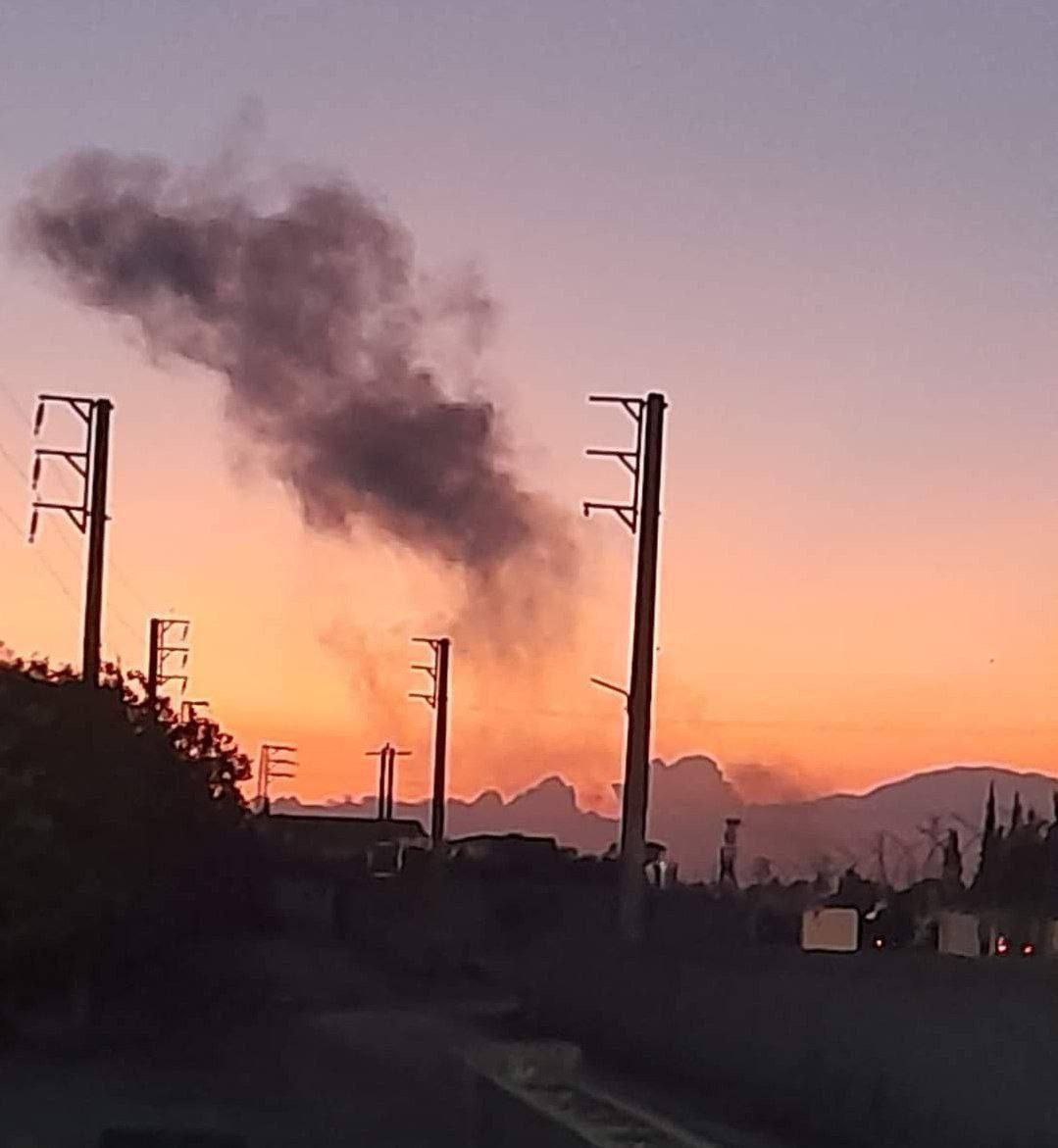
In a series of airstrikes on Monday, Israeli aircraft launched attacks on multiple sites near Sayyida Zeinab on the southern outskirts of Damascus, targeting areas associated with Hezbollah, according to reports from state and local media. This strike marks the latest escalation in a campaign aimed at disrupting Iranian-backed operations in Syria.
The regime state news agency SANA reported that the missile strikes targeted the vicinity of Sayyida Zeinab without providing specifics on the sites hit. Local media outlet Sham FM, also close to the regime, stated that three main targets were struck: Sayyida Zeinab, the vicinity of the Damascus International Airport Hotel, and an area near the town of Najha. Initial reports indicated casualties, but details on the extent of injuries and damage remain unclear.
The Israeli military, in a rare public acknowledgment, confirmed its role in the strikes, stating that it targeted a Hezbollah intelligence headquarters. According to a statement, Israeli Defense Forces (IDF), “attacked terrorist targets of Hezbollah’s intelligence wing inside Syria.” The announcement reveals that it aimed at dismantling Hezbollah’s intelligence capabilities, which are integral to their operations in Syria and Lebanon.
The IDF highlighted that the strike disrupted a critical branch of Hezbollah’s intelligence, led by Mahmoud Muhammad Shahin, who was previously killed in a separate operation. The claims come on the heels of recent revelations of Israeli counterintelligence and terror operations carried out in Syria. According to Tel Aviv, Shahin had longstanding ties with the Assad regime and played a pivotal role in coordinating intelligence and air defense efforts alongside Iranian operatives.
The Israeli Alma Research Center pointed out that these strikes are part of a campaign aimed at stifling Hezbollah’s operations, particularly their smuggling networks. Unit 4400, responsible for transporting weapons, oil, and funds from Iran to Lebanon via Syrian corridors, has been targeted consistently in recent weeks. This effort seeks to stem the flow of resources that bolster Hezbollah’s military activities.
The Assad regime swiftly condemned the Israeli airstrikes, calling on the UN to take “firm measures” to curb Israeli military actions. In a statement, Assad’s Foreign Ministry labeled the attacks as “aggressive and criminal,” accusing Israel of exploiting the international community’s inaction. The Ministry’s response, however, juxtaposes sharply with the ongoing bombardment of civilian areas by both regime and Russian forces, actions that have drawn international criticism but less frequent intervention.
Analysts note a striking irony in the regime’s condemnation. While Damascus decries Israeli incursions as “violations of sovereignty,” the Assad regime has simultaneously enabled Russian military operations that have inflicted significant suffering on Syrian civilians. Airstrikes conducted by Syrian and Russian forces have targeted hospitals, schools, and vital protected infrastructure, contributing to one of the most protracted humanitarian crises in modern history.
The geopolitical complexity deepens as Israel’s operations often unfold with the tacit coordination or awareness of Russia, a key Assad ally. Russia maintains a significant military presence in Syria and has reportedly played a mediating role in certain Israeli air operations to prevent direct confrontations.
The duality of the Assad regime’s outcry against Israeli strikes amid tacit Russian coordination, reveals the layered nature of alliances and enmities in the Syrian conflict. While Israeli strikes primarily aim at weakening Iran-backed proxies, Russia’s interest in stabilizing Assad’s rule has led to selective toleration of these actions.
As the international community grapples with multiple crises in the Middle East, Syria’s calls for UN intervention against Israeli actions are likely to be met with limited response given the geopolitical alignments in the Security Council. The Israeli government’s position remains steadfast, emphasizing that their operations are “defensive,” aimed at preventing Hezbollah’s expansion and safeguarding Israel’s northern borders.
This strike, significant in its scope and implications, highlights the complex web of strategic calculations that continue to fuel the Syrian conflict, drawing in actors far beyond its borders and complicating any prospects for resolution.








